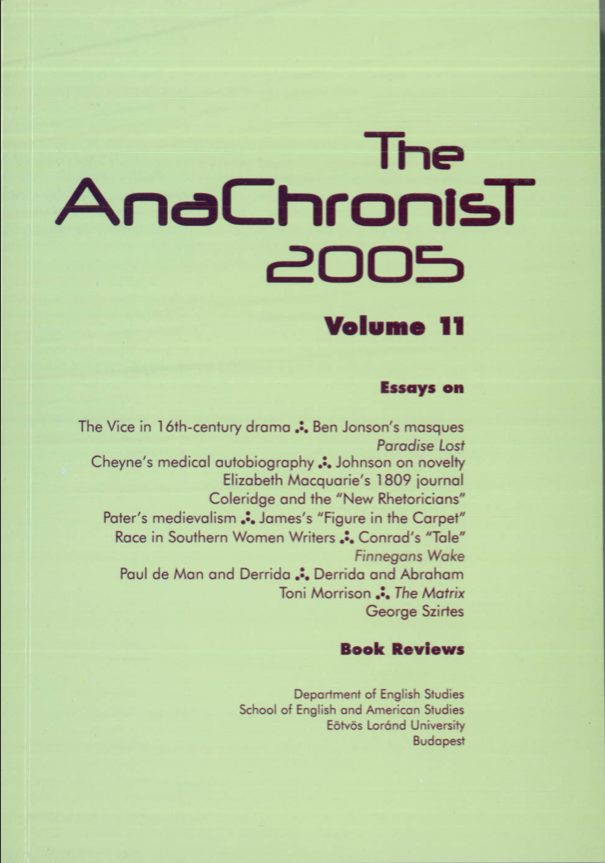'The CASE of the Author'
George Cheyne's Providential Medical Autobiography
DOI:
https://doi.org/10.53720/NCAZ4448Abstract
Examining the intersections between medicine and literature in the eighteenth century, this article argues that Scottish physician George Cheyne's celebrated "CASE of the Author" (1733) adopts the literary inheritance of the spiritual autobiography as a means of establishing narrative authority and of structuring the clinical record of one man's experiences in health and illness. In tracing his own "Progress" from physical ruin to "perfect Health," Cheyne invokes the authorities of medical science and clinical objectivity. However, the language, structure, and ethos are those of the spiritual autobiography, in which a reflecting author, looking back upon the apparently random and disconnected events of his past, reads "God's plot" for his life. Reading the symptoms of his own ill health and emergent recovery as symbols provided by "the Author of Nature," the reflecting Cheyne discovers an intelligible providential plot by which to interpret the raw data of his own clinical observations.

